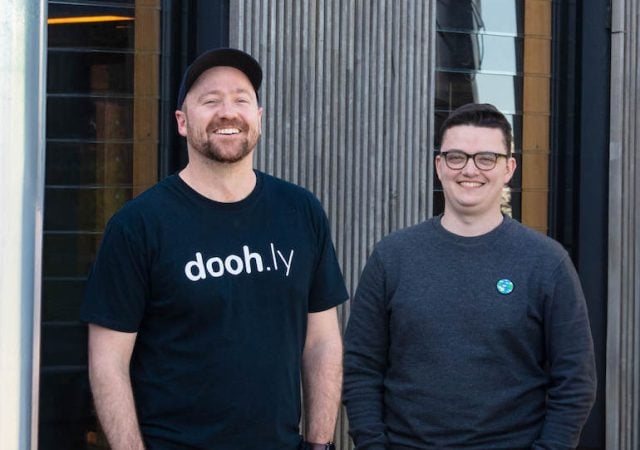Last week, on the back of BlueChilli’s shift in strategic direction away from early-stage startups, a leading Australian newspaper suggested that support for startups in Australia is going backwards.
These reports perpetuate two myths. That support for startups can be measured by the number of accelerators or early stage funding available. And that, by extension, a startup’s success comes down to how much funding they have raised and how quickly.
On 11 November 2019, BlueChilli, one of Australia’s leading startup accelerators, announced it was pivoting its focus from building early-stage startups to working with scale-ups in Australia. Scale-ups are founders of later-stage startups.
The announcement highlights a redirection of support to another important part of Australia’s startup ecosystem, rather than a pull back from startups in general.
In fact the Melbourne Startup Ecosystem Report by Startup Genome, in collaboration with LaunchVic, identified that increasing the number and rate of exits creates “a virtuous cycle of more startups and more startup success.”

Guy Cooper. Photo: supplied
It does this by helping to attract more entrepreneurs, investors and talent which increases the level of startup experience within the ecosystem. Even from a commercial perspective, the move is unsurprising – in its seven years of operation, BlueChilli has evolved its business model six times.
So is Australia’s startup sector collapsing (as one tweet last week posed)?
Latest news would suggest it isn’t. On the same day as BlueChilli’s announcement, the Victorian State Government revealed that Melbourne had been named 11th in the world in the annual Innovative Cities Index, a testament in part to a healthy startup ecosystem.
This is consistent with Australia’s jump in rankings in 2019 to be the fifth-most startup friendly country in the world, according to StartupBlink’s Startup Ecosystem Rankings 2019 report.
Rankings are one thing but just a quick look at Australia’s startup ecosystem highlights a rich range of supports that simply weren’t there 10 years ago. And it doesn’t come down to how many seed accelerators exist (although there is a lot, even without BlueChilli).
Training courses, bootcamps, meet-ups, mentoring programs, hackathons, co-working and flexible workspaces, all of these are geared to supporting entrepreneurs. With the increasing maturity of the sector, you are also now seeing startup partners – law firms, banks, marketers, developers – creating tailored offerings.
It is this range of supports that contribute to a startup’s success. Having access to advice from fellow founders who have done it before, testing and creating a sound business model, researching users – all of these activities don’t require seed funding but are crucial to future business sustainability.
And this leads to the next myth – that success is determined by how much funding a startup has raised and how quickly. It makes for a great headline, but the emphasis on pitch events and valuations can detract from a focus on nailing the fundamentals.
WeWork is a perfect example. Since it was founded in 2010, WeWork has raised over US$8b in debt and equity funding and peaked at a US$47 billion valuation in January 2019. However following the release of its public prospectus in August, the company was criticised for not getting the basics right – its business model, governance and ability to generate a profit. Its valuation plummeted to around US$10 billion.
Compare this to two Australian startup success stories. Atlassian was founded in 2002 and was in business eight years before their first venture capital raising in 2010. During this time the founders bootstrapped the company using credit card debt, releasing two software products within the first 2 years to prove their worth – along with earning revenue and customers – from the outset.
There is also a similar story of hard work and bootstrapping for 99designs. The idea for the design marketplace started in 2006 (the company was formally founded in 2008) and was refined and grown over five years before 99designs received $35 million in financing in 2011. These companies were not an overnight success.
The early-stage startup accelerator market, like any market, will experience a departure with BlueChilli’s exit in 2020. Telstra announced a review of its Muru-D accelerator, but nothing more, and the CSIRO On accelerator program will finish when its four year funding ends, not unexpectedly. The convergence of these events is not of itself evidence of a broader pull-back in support for Australian startups.
Yes, continued public and private support for startups in Australia, including via accelerator programs, is critical. But success, for our ecosystem and for our founders, is not just about the money. It’s about knowledge sharing, innovation, mentorship, good design, perseverance and most of all, hard work.
- Guy Cooper is the former CFO of 99designs and Managing Director of Wave Digital, a Melbourne-based app development company founded in 2000.




















Trending
Daily startup news and insights, delivered to your inbox.